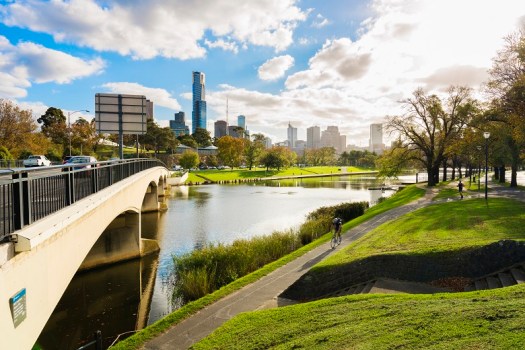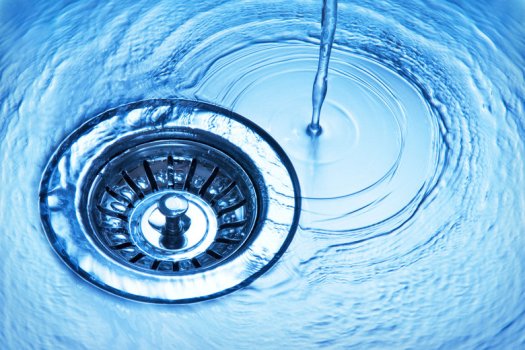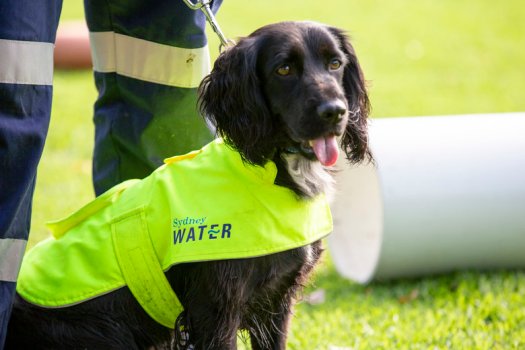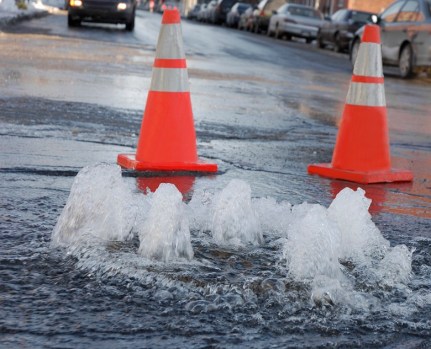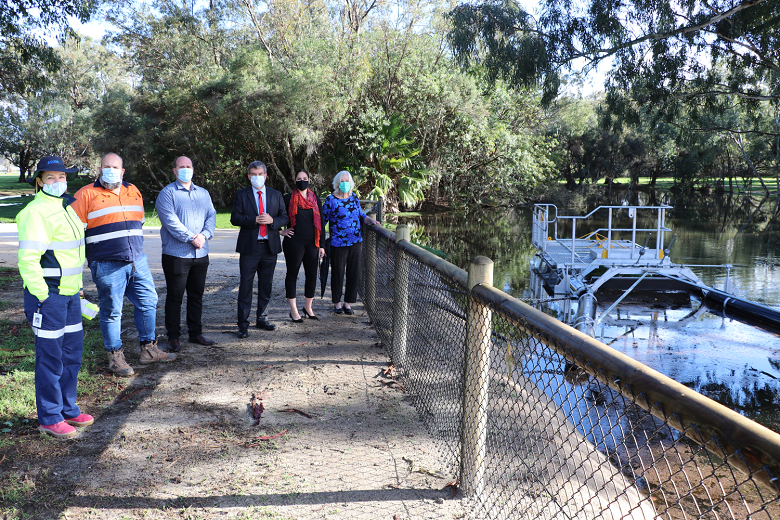
Western Australia will conduct a two year investigation of gross pollutant traps at one of Perth’s largest and most popular urban wetlands with a view to rolling them out across the capital and other parts of the state.

Gross pollutant traps (GTPs) are devices designed to capture plastic, debris and floating litter bigger than 5 mm and remove it from the water system before it ends up in the ocean.
They are commonly used in local drainage systems, but researchers say little is known about their performance and operational requirements, particularly in arterial drainage systems.
The Water Corporation, which manages around 40 per cent of Perth’s urban drainage infrastructure, will oversee the trial looking at how effective the traps are and assessing operational requirements like maintenance and rubbish disposal.
It will also investigate cost effectiveness, which has been raised by some experts as a barrier to their wider implementation.
Floating rubbish bins
GTPs can take many different forms depending on location and the job they’re supposed to do, says Water Corporation manager of drainage and liveable communities Suzanne Brown, but they offer a new and innovative way of ensuring cleaner storm water across the network.
Three traps have been installed for the trial on stormwater drains at Hersdman Lake on the Swan Coastal Plain six kilometres north-west of Perth by Aboriginal owned business Bennange Energy.
They include a litter boom on the north-eastern boundary of the lake and two floating traps on the Lake’s western and southern perimeter, which Ms Brown describes as “floating rubbish bins”.
“The results will help inform our long-term planning and provide insights into whether additional traps should be installed on other drains across Perth and Western Australia,” she told Government News.
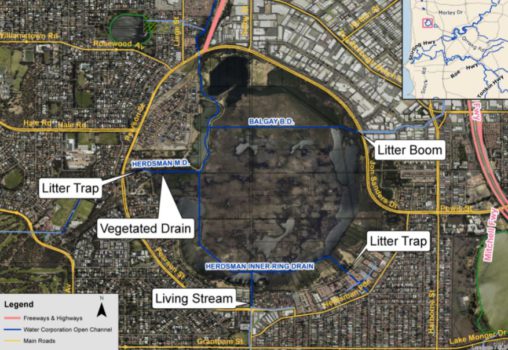
Ms Brown admits GTPs aren’t the answer to eliminating plastic pollution.
“However, they may have an important role to play in supporting wider waste reduction efforts by the WA government,” she says.
Water minister Dave Kelly says the government is keen to explore ways of reducing single use plastic in the state’s waterways and insights from the trial will inform the future installation of other GTPs across Perth.
“This is just one way we’re moving towards a more sustainable, low-waste, circular economy under the WA government’s Waste Avoidance and Resource Recovery Strategy 2030,” he said.
Sensor networks
City of Hobart has been working with CSIRO to develop an autonomous sensor network to provide real-time reporting on the amount of rubbish being captured and let staff know which traps need emptying
Speaking about the project last November, City of Hobart Mayor Anna Reynolds said maintenance of GTPs can be costly and time consuming, and tapping into CSIRO’s modelling capabilities could save time and improve management.
Main image: (L-R Water Corporation Manager Drainage and Liveable Communities, Suzanne Brown, Benang Construction’s Dennis Smit and Damir Kadic, WA Water Minister Dave Kelly, Benang Construction’s Jasmine Kadic, Churchlands MLA Christine Tonkin).
Comment below to have your say on this story.
If you have a news story or tip-off, get in touch at editorial@governmentnews.com.au.
Sign up to the Government News newsletter
